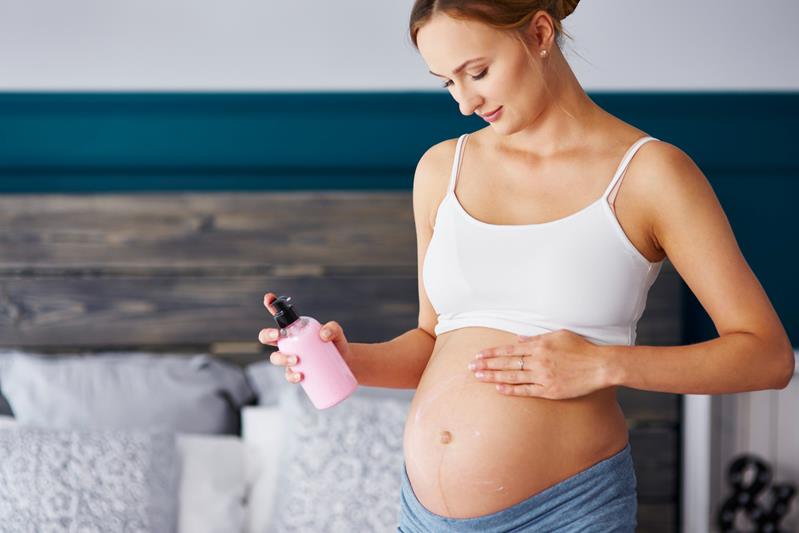Pregnancy and the journey into motherhood are extraordinary phases in a woman’s life, yet they can present hurdles for both physical and emotional health. It’s crucial during this period to prioritize self-care, ensuring you feel empowered, vibrant, and content. Let’s explore some fundamental self-care strategies tailored for expecting and new moms.
Taking Care During Pregnancy
Ensuring self-care during pregnancy is paramount for the well-being of both the mother-to-be and the baby. This practice not only reduces the risk of complications like preeclampsia and gestational diabetes but also aids in managing stress and enhancing overall wellness. Moreover, it holds significant emotional significance, highlighting its essential role in nurturing a positive mindset throughout this transformative journey. What should expecting mom pay attention to?
Diet and Nutrition
For sure, eating healthy is super important for pregnant women. The baby growing inside needs lots of good stuff to grow well, and the mom needs it to stay healthy too. Eating a mix of colorful fruits and veggies, whole grains with calcium, and foods low in unhealthy fats is really important. Even though it’s tempting to indulge more when pregnant, it’s best to remember that women only need about 300 extra calories a day. Also, it’s really important to avoid smoking and drinking alcohol, and to not have too much caffeine, to keep both the mom and baby healthy during this special time.
Maintaining a Healthy Weight
When you’re pregnant, it’s crucial to keep your weight in check, especially considering your starting BMI. BMI basically tells you if your weight matches up with your height. Keeping a healthy weight while you’re expecting comes with a bunch of perks, like lowering the chances of complications, making sure your baby grows well, easing the whole birthing thing, and helping you bounce back faster afterward.
Drugs and Dietary Supplements
As usual, it’s better to avoid taking medications during pregnancy but there are times when it is necessary to support the body. It is important to remember that you should consult your doctor before starting any medications or supplements. Statistically, most women require iron infusion during pregnancy because, on average, they do not get enough of the element from food to meet their needs. Doctors may also recommend that expectant mothers take special prenatal vitamins daily, even if their diet is considered adequate.

Prenatal Checkups
For some women expecting a baby, prenatal checkups may not seem like they make much sense. However, these checks play an important role in the early detection of potential abnormalities and diseases. They are necessary for the timely prescription of effective treatment for genetic problems. If the doctor finds abnormalities as a result of screening, the pregnancy is subject to more careful monitoring and control.
Self-Care During Postpartum
Right after the birth of the baby, the body of the new mother enters the postpartum phase. During this time, the body goes through several changes that affect appearance, nutrition, thoughts and even sleep. Adapting to these changes can be difficult. Postpartum self care ideas can include some important tips and tricks to help maintain your physical and emotional health.
The Early Days After Childbirth
After the baby is born, it is important to continue to take care of yourself. Whether it’s a first baby or not, adjusting to everyday life after giving birth can be challenging. This is primarily due to physical changes. After childbirth, various physical inconveniences may occur, such as swelling of the mammary glands, bleeding, pain, spasms and other unpleasant sensations in the perineal area.
However, as the postpartum period progresses, these problems usually gradually decrease and dissipate. During this period, the main principle will be to give yourself more time to rest. Delegate household responsibilities to your loved ones and let them support you. It is important to allow the new mother to rest and recover, both physically and emotionally.
Balanced Diet and Physical Activity
When a woman becomes a new mom, her nutrition becomes really important because her body is still adjusting to changes. Some might expect things to go back to normal quickly, but some changes, like new dietary needs, might stick around for good. It’s crucial to eat more veggies, fruits, whole grains, and fiber to support your body. It’s also a good idea to chat with your doctor about how breastfeeding benefits both you and your baby and how your diet can affect it.
Becoming a mom brings a lot of changes, so it’s important to stay active. Once your doctor gives you the green light, activities like walking, swimming, or playing sports can help you stay healthy and manage your weight. Plus, being active can boost your mood and lower your risk of feeling down. Just remember to avoid heavy lifting or intense cleaning until your doctor says it’s okay.
Maintaining Good Mental Health
Keeping an eye on your emotional health, especially after having a baby, is really important. The hormonal shifts that happen can make you feel all kinds of ways—like mood swings, or even feelings of sadness, anxiety, or depression. So, feeling down after giving birth isn’t unusual at all. Lots of women go through this, but sometimes they’re hesitant to open up about it. And that’s not right. It’s totally okay to talk about it with others, maybe find a support group, or reach out to a doctor. Don’t feel embarrassed about how you’re feeling. There are things that can help, like medication or therapy, but even simple stuff like taking walks or doing things you enjoy can lift your spirits.
Being a mother is a difficult job 24/7. Therefore, it is extremely important to devote time and effort to maintaining not only your physical health but also your mental well-being.




